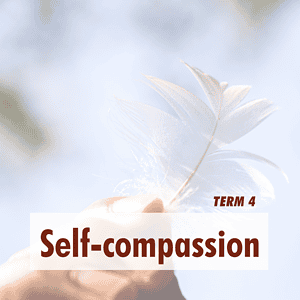self-compassion
A SIX WEEK PROGRAM TO CULTIVATE SELF-COMPASSION AND MINDFULNESS TOGETHER.
Cultivate a warm connected presence with yourself. Feel deeply at home in your own skin.
This six week program focuses on cultivating mindfulness and self-compassion together. Together, they are a powerful combination for managing difficult experiences, thoughts and emotions and when dealing with the pressures and strains of life.
Mindfulness develops presence and awareness, steadies the mind and develops equanimity. Self-compassion helps us to stay connected with ourselves and our experience, build inner resources which help us tolerate difficulties without shutting down or avoiding them. This in turn builds resilience, trust in oneself and the ability to creatively respond. Together self-compassion and mindfulness are like the ‘two wings of a bird’, each essential to assist the other.
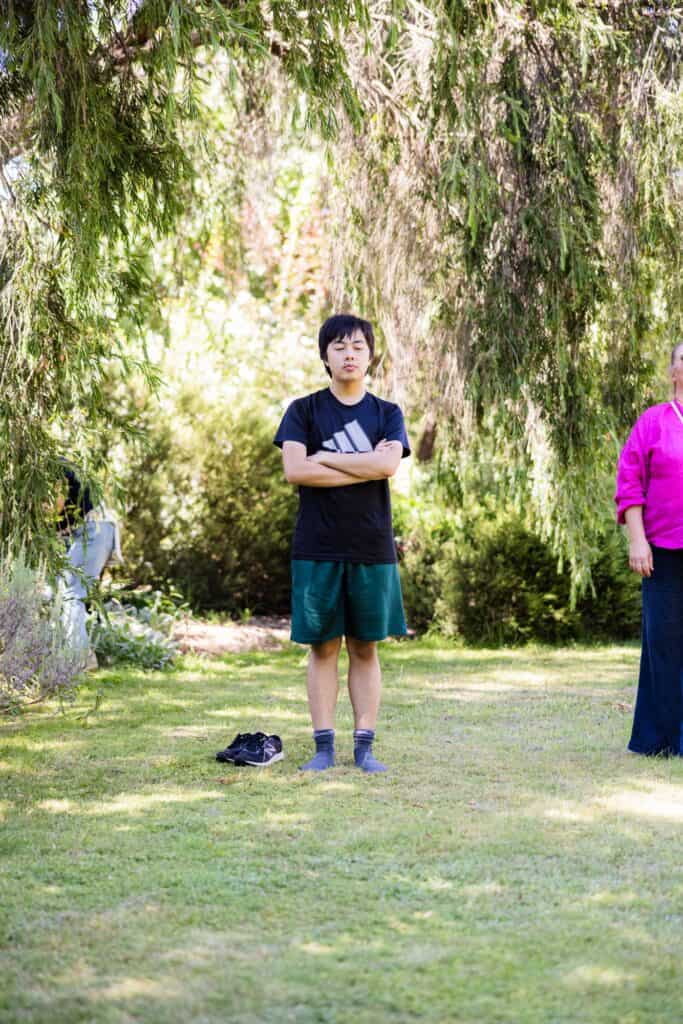
Self-compassion frees us up to be more present, creative and responsive in our relationship with ourselves, with others and the world.
A six week evidence-based program to learn how to:

develop awareness

stay connected

manage difficult emotions
I found the variety of meditation practices so useful and easy to use throughout the day. I also love learning all the science and research. — 2022 Self-compassion participant
Thank you, as always this was such a powerful program. — 2022 Self-compassion participant
The science around self-compassion is very compelling.
Peer reviewed research points to a range of benefits from self-compassion: people who practice self-compassion are generally more emotionally resilient, more motivated to achieve their goals, happier and healthier mentally and physically and have more compassionate, satisfying relationships with others.
What are the possible benefits?
Peer reviewed research on self-compassion points to a range of benefits:
More emotional resilience
More motivated to achieve goals
Healthier mentally and physically
Happier
More satisfying relationships with self and others
Develop new neural pathways
It felt like the missing piece in my mindfulness practice. It has helped me cultivate a sense of kindness towards myself in the moment rather than trying to ‘earn’ it….I have a greater appreciation for the power of gentleness. — 2022 Self-compassion participant
Self-compassion is at the heart of healing.
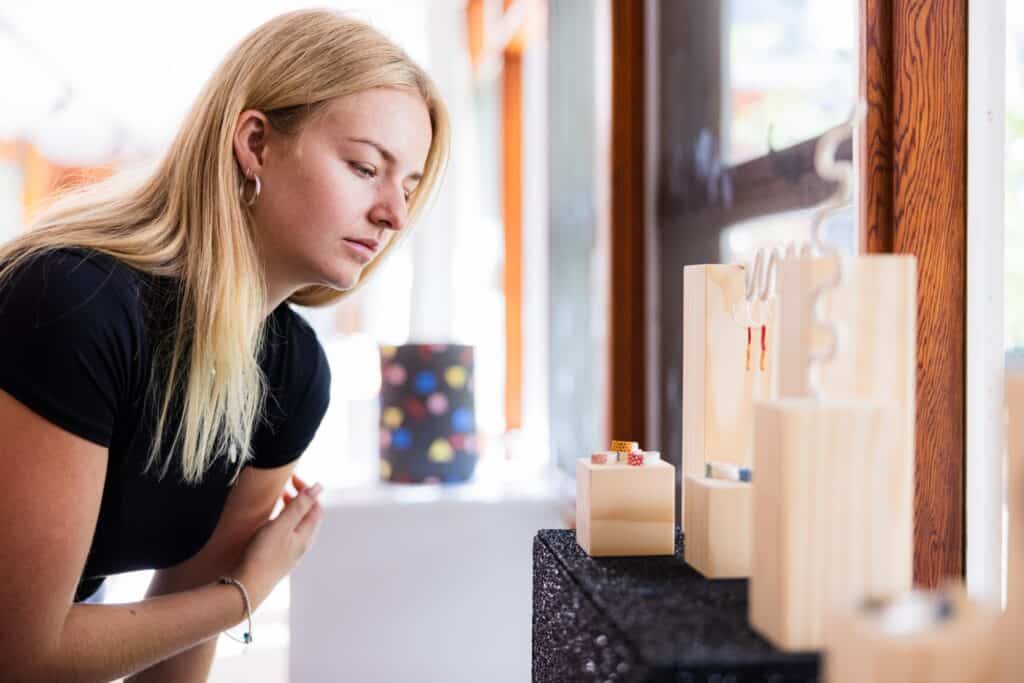
Self-compassion is a powerful tool for changing our relationship with ourselves, and healing parts of us that are wounded.
Self-compassion practices help us to learn how to meet ourselves with a constructive, supportive inner voice rather than a harsh, judgemental or critical inner voice.
This is a very practical way of transforming patterns learned from previous life experience which now limit or harm us.
It’s been the perfect reset for the week, to slow down and check in on myself and remember I’m also deserving of that check-in. — Sarah, 2022 Self-compassion participant
How self-compassion helps
Self-compassion transforms our inner world as we practice. In neuroscientific terms, it helps us to practice responding to ourselves differently and over time new neural pathways develop which change the way we experience life, respond to ourselves and to circumstances around us.
This brain training literally helps us to feel more at home in our own skin, safer, more supported and more connected. The practice develops inner resources which are particularly helpful when facing difficulties.
The more connected and present we are, the more energy we have for fully engaging in our lives. It leads to calm, reduces inner tension and conflict and helps us feel both cared about caring. This naturally flows into our relationships with others and the rest of our lives.
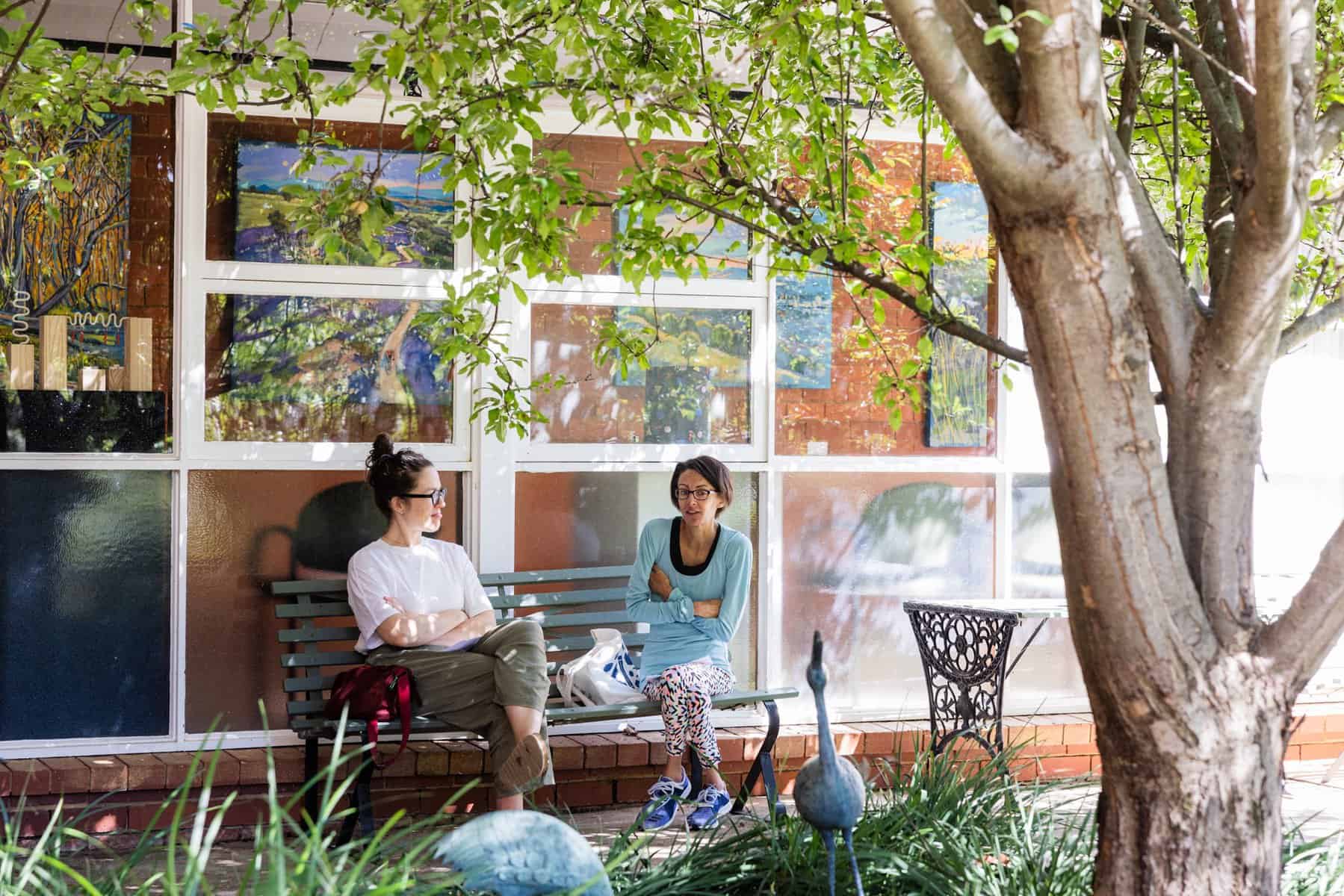
Every person could benefit from this course. — Caroline Luke-Evered, 2022 Self-compassion participant
What does the self-compassion course include?
13+ hours of face-to-face instruction
2 ¼ hour class once a week for 6 weeks
Mindfulness meditation training
The practice of mindfulness meditation sits at the core of the program
A range of learning approaches
Brief lectures, group discussion and experiential activities
Tailored meditations
Short exercises to meet specific challenges you may be having
Home practices
to integrate self-compassion into your life
Digital downloads of guided meditations and teachings
Lifetime access to our members-only digital library
If you want more joy in your life, then self-compassion is a vital ingredient.
course outline
Each class includes some theory, short guided exercises to help integrate self-compassion into your life and longer practices to relax and dive deeper. The classes are skilfully facilitated in a safe and supportive structure.
class 1:
Introduction to self-compassion theory, practice and the course. Self-compassion and mindfulness work together.
class 2:
How self-compassion works. Understanding yourself and your nervous system.
class 3:
Develop courage and resilience with self-compassion. Working with obstacles
class 4:
Learn to trust yourself, to meet difficult moments with skill, courage and kindness
class 5:
Deepening self-compassion and working with resistance. Understanding and working skilfully with inner patterns.
class 6:
Integrating self-compassion into your life. How to keep building the neural pathways & changing your relationship with yourself.
The weekly 2 hours has given a great platform for practicing at home. Getting familiar wit the practices that draw on things I know about but in a much more accessible way. — 2022 Self-compassion participant
Meet your self-compassion teacher
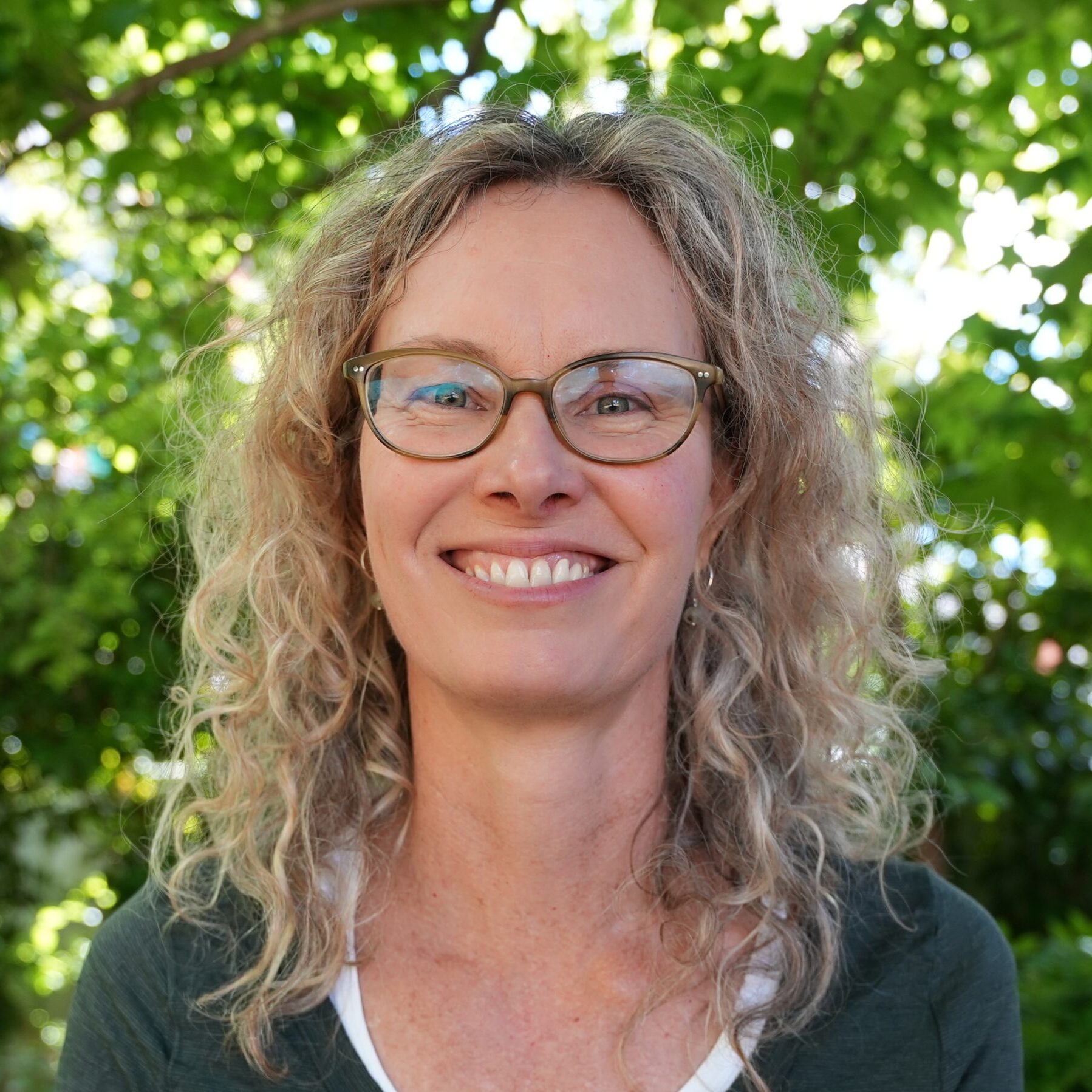
Megan Layton
Director, Senior MBSR, PNT, Self-Compassion and Yoga teacher
Megan Layton is the Director of Simply Mindful, a senior Mindfulness and Yoga teacher and Mental Health Social Worker with more than 25 years experience. Megan has been on a lifelong journey to understand human suffering and healing. She is convinced that compassion and self-compassion in some form are key to healing and happiness, the prevention of unnecessary suffering and prevention of intergenerational trauma.
Megan has explored many modalities for happiness, health and healing including working cross-culturally with survivors of torture and trauma both in Australia and overseas, and the tools and insights offered in psychology, neurobiology and neuroscience and in human spiritualities and contemplative practices.
In this 6 week program she brings together insights and practical tools from 25 years of work in mental health, mindfulness, mind-body health sciences, positive neuroplasticity and self-compassion.
It was all so good. Megan is an excellent presenter and her experience is apparent which gives me confidence in the content. — Meredith Hughes, 2022 Self-compassion participant
Thank you so much for providing a safe and supportive space with no judgement. — Sarah, 2022 Self-compassion participant
Our venue: the Gathering Place
Our programs are offered at our beautiful northside Canberra venue. We are delighted to share this beautiful place of peace, meditation, contemplation, healing, renewal and learning.
A moment of self-compassion can change your entire day. A string of such moments can change the course of your life.
enrol now in Self-compassion
Choose a start date below. (We generally run 1-2 courses per year, so check back later if you don’t see a date that suits you.)
Answers to your questions
Will this make me more selfish or weak?
Sometimes people fear that practicing self-compassion will make them more self-absorbed, arrogant or selfish. Actually, the opposite is true. People who practice self-compassion are generally more emotionally resilient (the opposite of weak), less self-absorbed and narcissistic.
Do I need to believe anything? Is this a ‘spiritual’ program?
There is no need to believe anything in particular. This program builds a practical and easily adapted skill set for anyone from any background. Self-compassion can be integrated into any belief system. It can deepen and enrich existing spiritual practices and beliefs. Self-compassion and compassion is widely recognised in psychology and health as a key to happiness and a joyful, fulfilling life.
Do I need mindfulness or meditation experience?
No. Some experience with mindfulness practice is a good foundation for this course. If you have not had any prior experience of mindfulness, you will learn this as part of the course. Feel free to contact Megan prior to the start date to discuss the program, your needs and experience. This helps ensure that the program is beneficial and appropriate for all participants. If after talking you decide you don’t wish to do the program you will be given a full refund.
I’ve already done the MBSR course. Is this more of the same?
If you’ve already done the MBSR course, then the idea of self-compassion and some of the core concepts and approaches to practice will be familiar to you. This course is a much deeper dive into self-compassion and ways of developing self-compassion. If you benefitted from the MBSR course, this will continue to transform your relationship with yourself. It will also equip you with a bunch of new practices which will be tailored through the course to meet your specific needs and challenges.
What is the structure of the course?
Each week we’ll explore a little theory and a lot of practice. There will be short exercises to meet specific challenges you may be experiencing, exercises to help integrate self-compassion into your life and longer practices to literally ‘soak’ in. We begin in week 1 with a focus on the body and progress through the 6 weeks to working with strong or self-limiting inner patterns.
